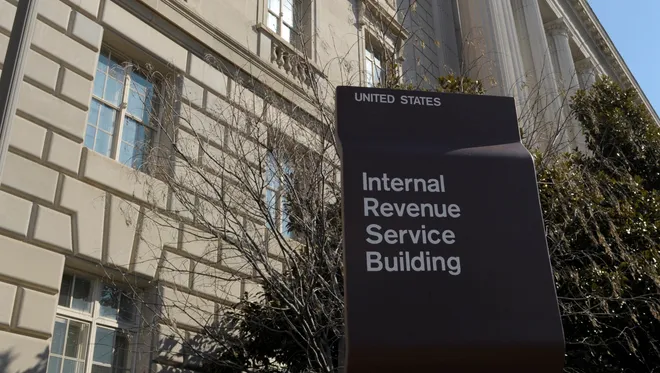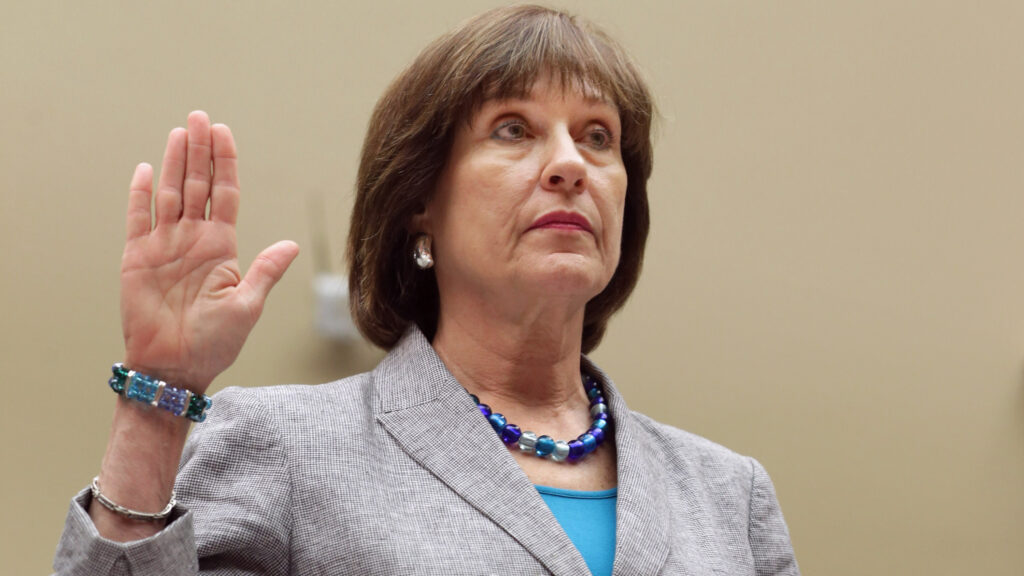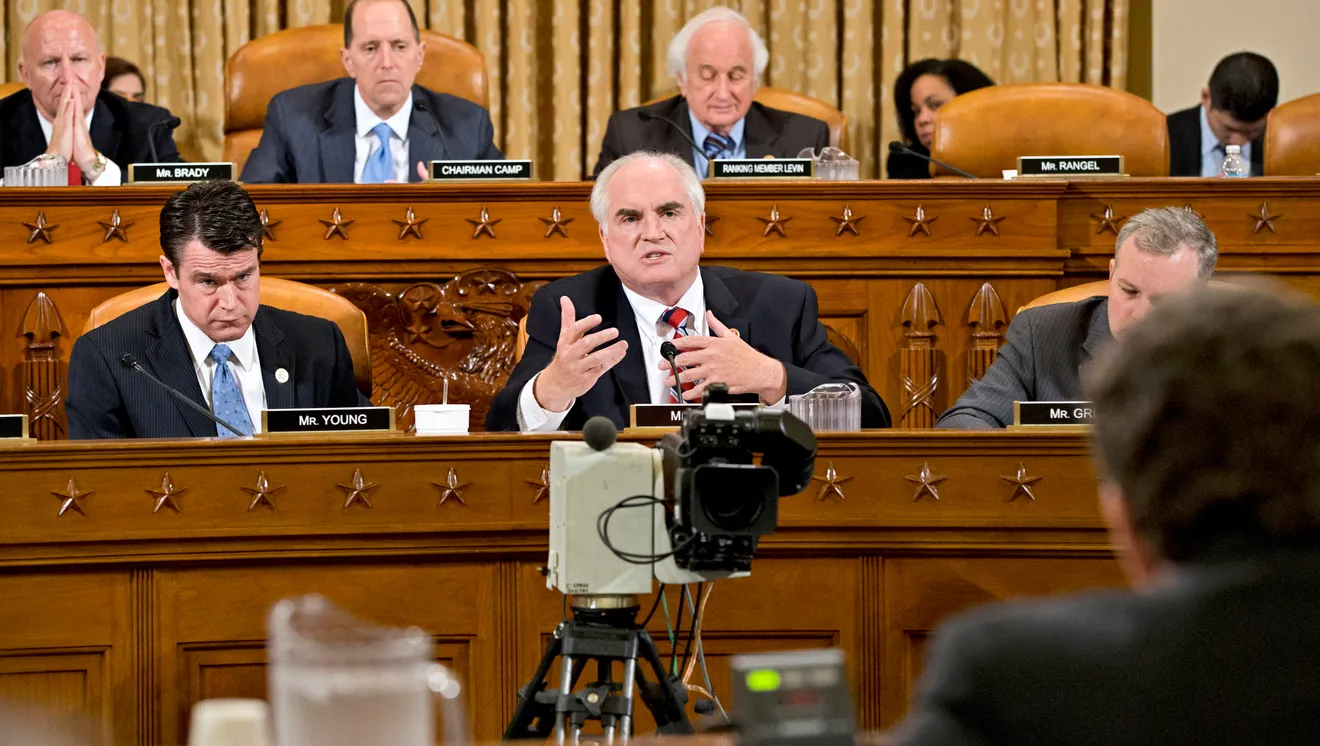In 2013, the Internal Revenue Service (IRS) faced widespread criticism after revelations that it had unfairly targeted conservative groups applying for tax-exempt status. An audit by the Treasury Inspector General for Tax Administration (TIGTA) uncovered that the IRS used politically biased criteria to flag organizations for additional scrutiny. This discovery sparked outrage, particularly among Republicans and conservative groups, who accused the agency of systemic discrimination. The scandal raised serious concerns about government overreach and impartiality, prompting investigations, resignations, and a series of reforms. This article explores the details of the controversy, the reactions it elicited, and the steps taken to address the fallout.
The Controversy: What Happened?
The IRS controversy came to light after a TIGTA audit revealed that the agency had used inappropriate criteria to screen applications for tax-exempt status. Specifically, the IRS targeted groups with names or themes associated with conservative political ideologies, such as “Tea Party,” “Patriot,” and “9/12.” These groups faced delayed processing, intrusive questions, and extensive documentation requests.

This targeting occurred as organizations applied for 501(c)(4) tax-exempt status, which allows groups to engage in limited political activity without disclosing their donors. The TIGTA report highlighted systemic issues in the IRS’s handling of these applications, raising concerns about fairness and political impartiality.
Public and Republican Reactions
The revelation sparked outrage among conservative groups and the Republican Party, who accused the IRS of politically motivated discrimination. Republicans viewed the targeting as evidence of systemic bias against conservative values, calling for investigations and accountability.

The public’s reaction was equally strong. Many saw the issue as emblematic of government overreach and demanded swift action. The scandal became a significant talking point in the broader debate about the size and role of government, with critics questioning the IRS’s transparency and accountability.
Understanding BOLO: The Screening Mechanism
The term “BOLO” (Be On the Lookout) was central to the controversy. According to the TIGTA report, BOLO lists were used by the IRS to identify applications for additional scrutiny based on certain criteria. While BOLO lists are not inherently improper, their use in this case was problematic because they explicitly targeted groups based on political affiliations or perceived ideologies.
These lists included terms like “Tea Party,” “Patriots,” and references to government debt and taxes. By focusing disproportionately on conservative organizations, the IRS violated its obligation to administer tax laws impartially.
Lois Lerner’s Role in the IRS Scandal
Lois Lerner, the Director of the IRS Exempt Organizations Unit, became a central figure in the 2013 controversy. She publicly acknowledged the targeting during a 2013 event, describing it as “inappropriate” and apologizing for her division’s actions. However, her handling of the situation quickly drew intense scrutiny from Congress and the public.

Facing calls to resign, Lerner refused to step down from her position. In response, the IRS placed her on administrative leave. Her refusal to resign further fueled criticism, with many arguing that her decision reflected a lack of accountability. The situation escalated when Lerner invoked her Fifth Amendment rights during a Congressional hearing, refusing to answer questions about her involvement in the scandal.
Lerner’s actions and the decision to place her on administrative leave rather than terminating her employment deepened public distrust in the IRS. Her role became emblematic of the broader concerns surrounding the agency’s impartiality and accountability during the controversy.
President Obama’s Response
President Barack Obama condemned the targeting, calling it “intolerable and inexcusable.” His administration pledged to hold those responsible accountable and launched internal reviews. Obama also accepted the resignation of Acting IRS Commissioner Steven Miller as part of an effort to restore public trust in the IRS.

Despite his swift response, critics argued that Obama’s actions were insufficient. Republicans accused the administration of attempting to downplay the severity of the issue and called for further investigations into the matter.
Were Conservative Groups Specifically Targeted by the IRS?
While the IRS initially claimed that the targeting was not politically motivated, subsequent investigations, including one by Vox, confirmed that conservative groups were disproportionately scrutinized. Liberal-leaning organizations applying for the same tax-exempt status did not face similar delays or intrusive questioning.
The TIGTA report and other analyses underscored that the IRS’s actions were not neutral but skewed against conservative groups. This targeting undermined public confidence in the IRS and raised serious concerns about political bias within the agency.
Steps Taken to Address the Issue
In the wake of the scandal, several measures were introduced to address systemic issues within the IRS. These included:
- Policy Reforms: The IRS revised its BOLO procedures, ensuring that applications were reviewed based on content rather than organizational names or political affiliations.
- Leadership Changes: Several senior officials resigned or were reassigned, including Acting Commissioner Steven Miller and Lois Lerner.
- Congressional Oversight: Multiple Congressional hearings were held to investigate the IRS’s actions and propose safeguards against future abuses.
- TIGTA Recommendations: The TIGTA report included several recommendations for improving the IRS’s processes, all of which were adopted.
While these actions addressed some of the immediate concerns, the controversy left a lasting impact on the public’s perception of the IRS and its role in enforcing tax laws impartially.
The 2013 IRS tax exemption controversy exposed significant flaws in the agency’s handling of politically sensitive applications. Conservative groups were unfairly targeted, leading to public outrage and political fallout. The scandal highlighted the importance of maintaining impartiality in government institutions and prompted reforms aimed at restoring trust.
While the measures taken addressed some of the systemic issues, the controversy remains a cautionary tale about the dangers of bias and the need for transparency in government operations.

